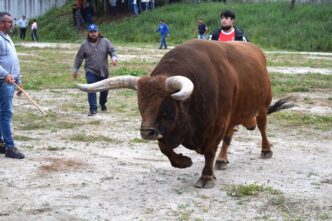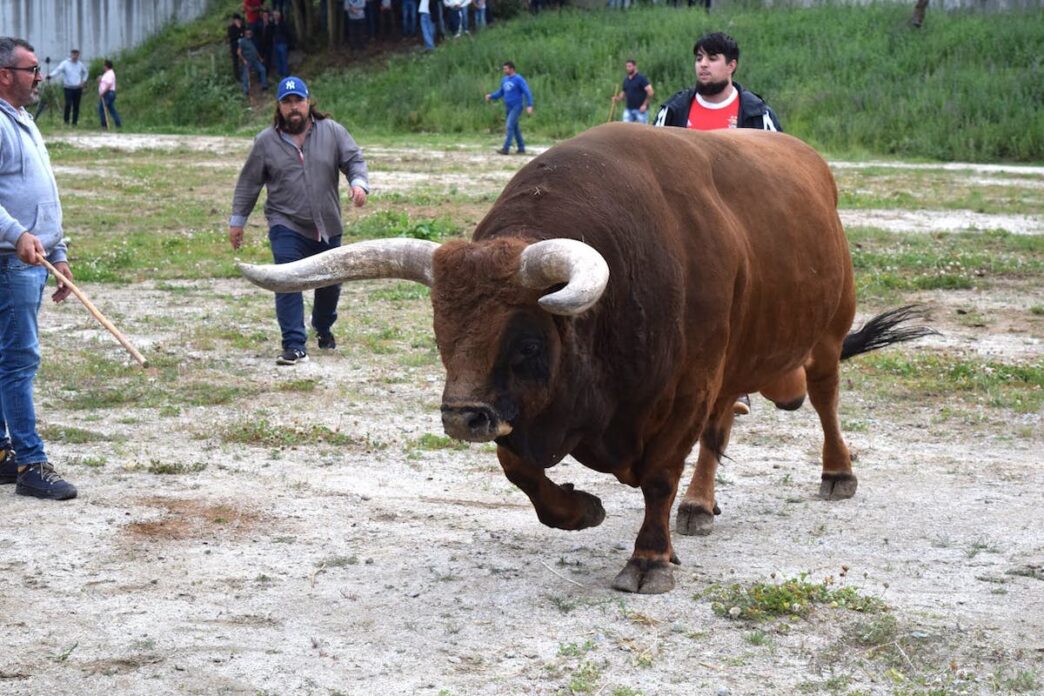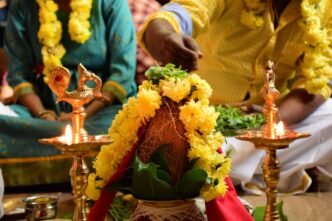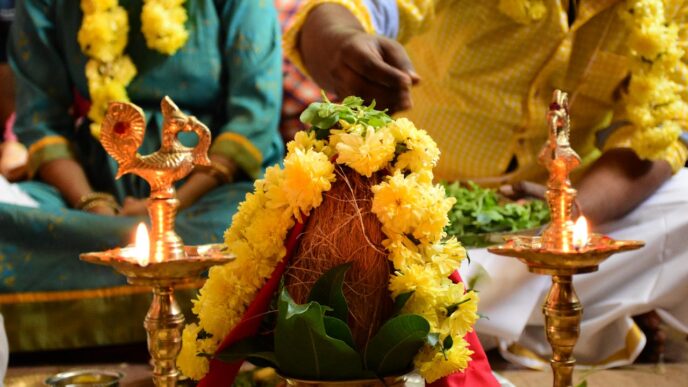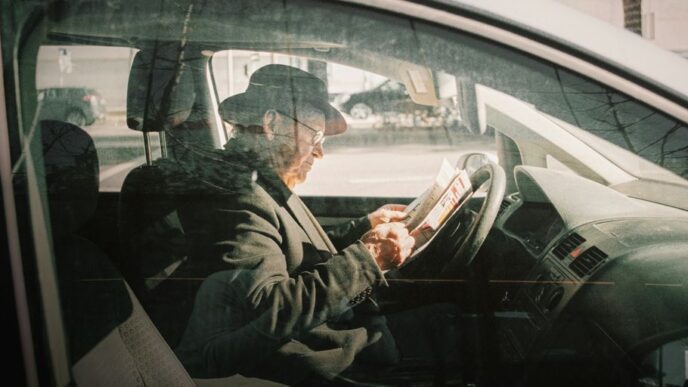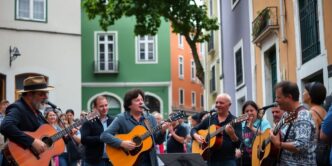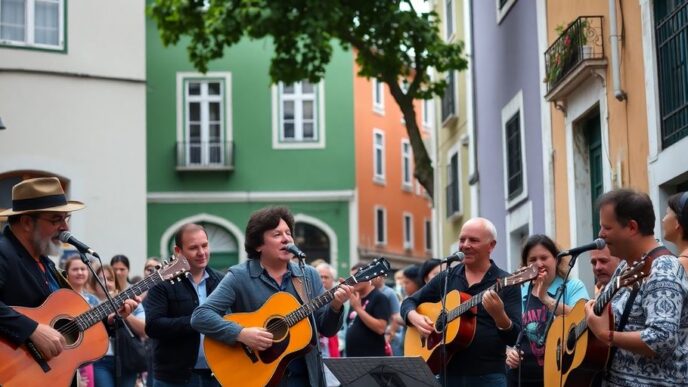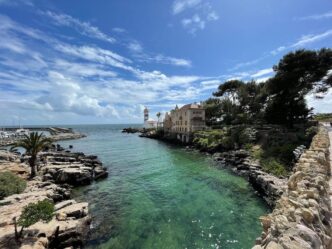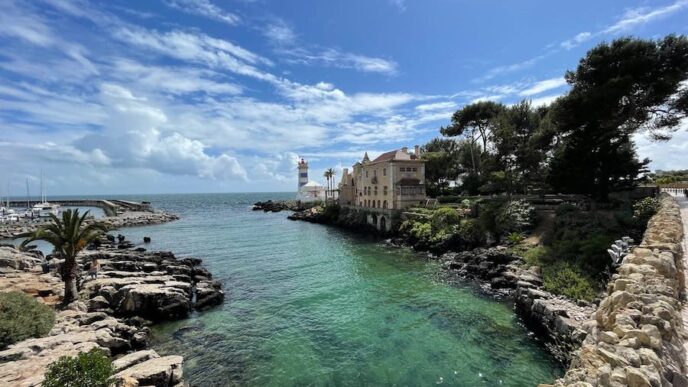Bullfighting, or “corrida de touros,” has been an integral part of Portuguese culture for centuries, evolving into a unique spectacle distinct from its Spanish counterpart. In Portugal, the practice emphasizes the skill of the cavaleiro (horse-mounted bullfighter) and the bravery of the forcados (a group that performs the pega, or “face catch”). Unlike in Spain, Portuguese bullfighting traditionally does not end with the death of the bull in the arena.
Historical Overview
The origins of bullfighting in Portugal trace back to ancient Iberian traditions, with influences from Roman and Visigothic periods. However, it was during the Moorish occupation that the practice began to take on a more structured form.
Over time, bullfighting became deeply embedded in Portuguese society, with various regions developing their own styles and customs.
Beja and Olhão Bullrings
The Alentejo region, particularly Beja, has a rich history of bullfighting. The Beja Bullring, known for its traditional architecture, has hosted numerous events, reflecting the region’s deep-rooted connection to the practice. Similarly, the Olhão Bullring in the Algarve stands as a testament to the enduring presence of bullfighting in southern Portugal.

Contemporary Perspectives
In recent years, bullfighting in Portugal has faced growing scrutiny and opposition. A 2020 study revealed that most Portuguese citizens hold a negative opinion of bullfighting, perceiving it as having no positive impact on the country. While many acknowledge the suffering inflicted on the bulls, opinions on banning the practice remain divided.
Demographic analyses indicate that support for bullfighting is more prevalent among older men, particularly those over 65, of Roman Catholic faith, and residing in rural areas.
Activist groups and political parties, such as PAN (People, Animals, Nature), have intensified efforts to abolish bullfighting. In September 2024, PAN submitted a proposal for a referendum to the Assembly of the Republic, advocating for the end of what they describe as a “cruel activity.”
Additionally, in July 2023, the Lisbon Animal Ombudsman recommended that the city council engage in dialogue to cease bullfighting events at the historic Campo Pequeno Bullring, reflecting a shift in societal values.
Conclusion
While bullfighting remains a part of Portugal’s cultural heritage, it is increasingly viewed through a critical lens. The traditions upheld in bullrings like those in Beja and Olhão are now subjects of national debate, as Portugal grapples with balancing cultural preservation and evolving ethical standards.

